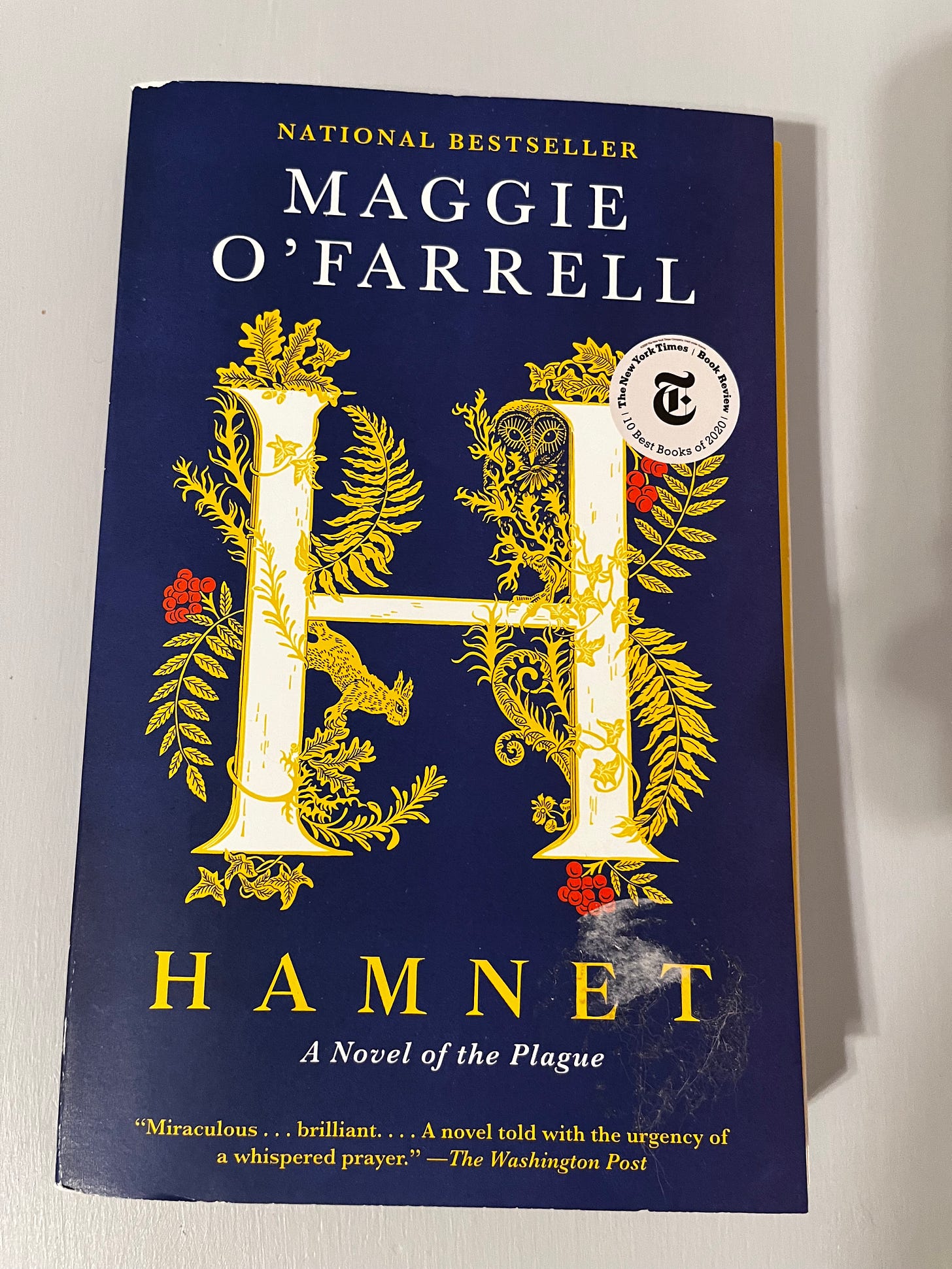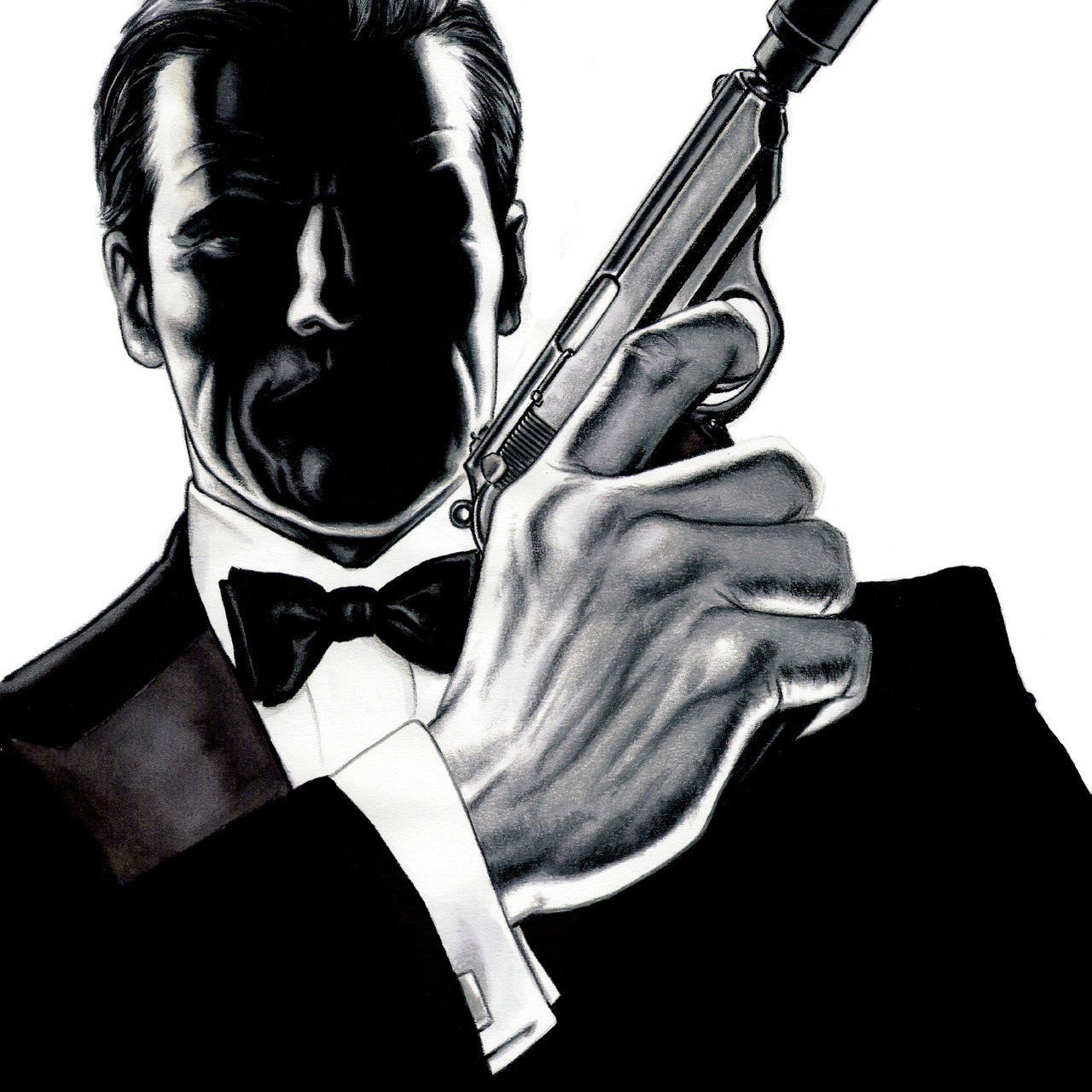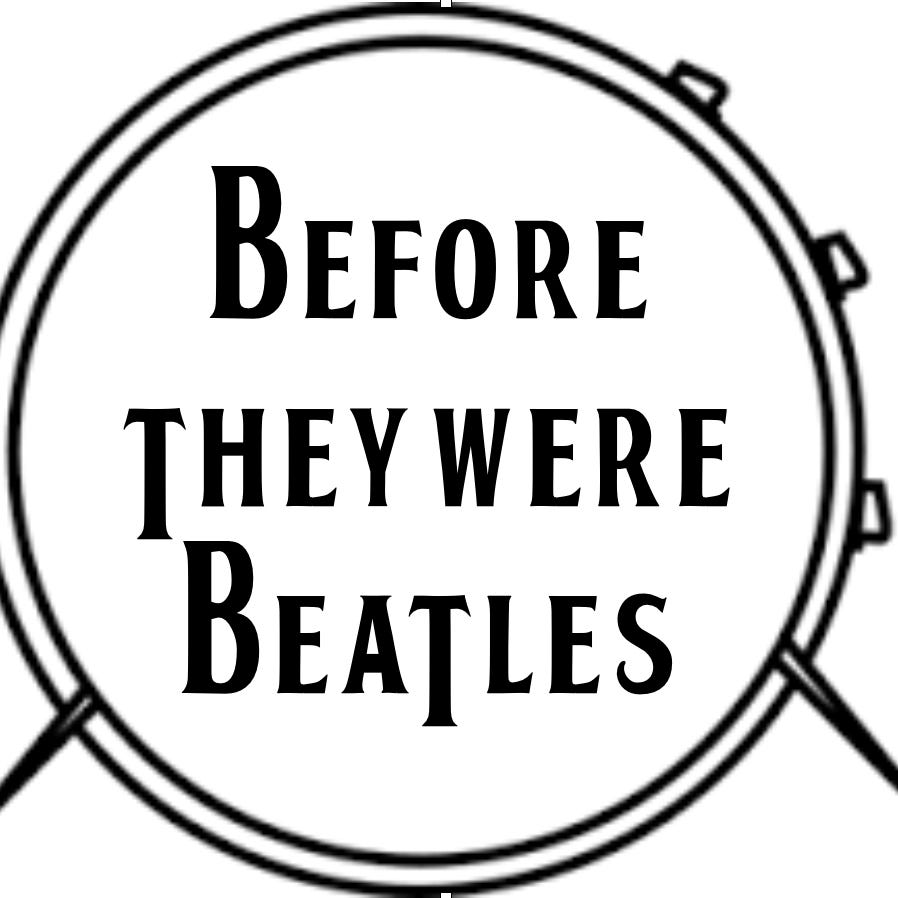Will Shakespeare, Author or Entrepreneur?
In which I discuss my take on the authorship question.
Last week not only did I finish two books on the same day, one non-fiction, and one fiction; but they were about the same subject, one William Shakespeare.
I’ve posted my review of the novel below in the usual section, but it’s the non-fiction book, “Shakespeare’s Libray” by Stuart Kells, that prompted the subject of this week’s ramblings. For Kells included an outline of the role of the historical William Shakespeare in the production and development of what we now consider “Shakespeare” which was the closest to my thoughts on the matter that I’ve yet to see in print.
‘His role is middle-sized: much of the work that went into the published plays was done by prior authors (of existing works who he based his plays on), and much of it - parsing, shaping, tidying, tightening (i.e. editing) - took place after he had done his work.
‘He was not a detached, meticulous, uber-literary author. He was a (workaday dramatist with a particular talent for converting prior content into performable and entertaining plays), a commercial man, in tune with his audiences. He seems to have cared little about how perfectly he appeared in print, and how the world credited him for his work.’
So how did this line up with my thinking?
I’ve been noodling around with an idea for a novel with William Shakespeare as the main character for a decade or so, and as a consequence done a fair amounting of reading on-and-off about The Bard. There are around 35 different volumes about him sitting in my library currently. If you’ve got a spare hour or two I can drone on about the authorship question at tedious length. But my net takeaway from years of reading around the subject is yes a guy from Stratford called Shakespeare wrote most of the plays attributed to him (although not always on his own). – Let me expand on that.
My take is I don’t think Shakespeare saw himself primarily as a “writer” but that it was a means to an end. I think he was first and foremost an entrepreneur who first made his money as a theater shareholder in London, and after retiring to Stratford moved into real estate and wool trading.
He started out as a moderately successful actor who wrote a couple of things to give himself roles then realized he had a talent for it and found some patrons who’d pay for some flattering and occasionally risqué sonnets.
As far as plays went, there was no such thing as copyright or sense of authors owning the work. Plays were written for the company that staged them. When he became a shareholder in a theater company they needed plays to perform, and the more the better, and instead of paying someone he did it himself. He drew from many sources; rewriting his own versions of plays already in circulation (Hamlet), Roman ancient history (Ceaser, Anthony & Cleopatra), British ancient history (Lear, Macbeth), recent history (The hollow crown cycle), folklore (Midsummer Nights Dream), all things that would appeal to the crowds.
He never wrote for print or permanence. Bits would be rewritten to include topical references or in response to audience reactions (Merry Wives of Windsor is a Falstaff spin-off because the character was popular). That’s the reason they are examples of different texts – there is no “definitive” correct version of a Shakespeare play because there was never intended to be one.
There was however a growing recognition that a Shakespeare play meant more ticket sales, so I believe that as he got older, busier, and richer other people were drafted in to help out and keep the “Shakespeare” brand going (there is definite evidence of collaboration), and that he probably helped out others (adding a little cache to their efforts) but it was a fluid arrangement – because after all, it was the play that was the thing, not the manuscript.
So what’s your take on the Shakespeare authorship question?
Other Stuff
This newsletter thing seems to be catching, as over at my enterprise content services business, this week saw the launch of THE CONTENT POOL’s own FREE newsletter offering a weekly look at the world of content.
If you are interested in that aspect of my crazy life, you can check it out and subscribe at the link below.
Each week when I sit down to put one of the CAN’T SEE THE FOREST newsletters together I’m always grateful to my subscribers - you have subscribed haven’t you? If not just click the button and join our growing community of subscribers.
Feed My Need For Coffee
We intend that this weekly newsletter will always be a FREE subscription, but if you enjoy what you read here, or any of the other places I hang out online, and feel you would like to contribute, you can now leave a tip over by clicking on the Ko-Fi banner below.
Brabazon Bits
This week I wrapped up one chapter of the Brabazon draft, which also meant I’d completed another section of the manuscript. Now I’ve started the next section with a chapter on the development of the jet engine and how its arrival caught the Brabazon design team out.
It turns out that there is a lot more to the story of the development of the jet than I’d originally anticipated with a degree of mythology and misinformation sown around the British efforts, plus the impact of almost parallel developments happening in Germany and the USA at the same time.
It’s going to be an interesting subject to dig into.
Word Slinging
I received confirmation this week that I will be one of the guests for the Literature Track at the Comicpalooza convention in Houston in May. So far I know I’ll be chatting about one of my favorite topics - ‘Writing In Other People’s Universes.’ with maybe a few more topics yet to be added. - If you are in the Houston area over the weekend of May 24-26 we’d love to see you there. - Full details of the convention can be found HERE.
This upcoming week I’ll be taking part in a school visit program, where I’m scheduled to be talking to a bunch of kids about writing Sherlock Holmes, and the writing and editing process in general. I’m looking forward to the experience.
Pages and Screens
Books Read in 2024 - “Hamnet” by Maggie O’Farrell
This much admired historical novel almost didn’t make it past my 50-page reading threshold for a couple of reasons, (1) its verbose overwritten narrative style, (2) the central somewhat pretentious conceit of writing a novel in which one of the most famous people in history is a central character and going to extreme lengths to avoid using their name.
But somehow the story continued to pull me in, and once I’d put those concerns aside it delivered a highly emotional story of William Shakespeare’s family and the tragic loss of a child. It certainly hit right in the feels, especially the scenes of loss and grief.
As Gill put it, “This is a book of sections of ‘just-get-on-with-it’ interspersed with brilliant emotional writing that will leave a lasting impact.”
Podcast Procastinations
I listened to a preview of the completed edited first episode for our new James Bond vs Spy Movies podcast yesterday, and I must admit it sounded good. It was a blast to record and it was a close competition between Dr. No and The Manchurian Candidate. The show should drop on Monday, so check out the OHMS Pod feed early next week.
Bond Briefings
The new bi-weekly James Bond Lexicon newsletter is off to a great start with more subscribers than we could have hoped for over the first few weeks. - Thanks to everyone who has subscribed.
In our latest issue, we ask What’s He Looking At? As I expand on some recent Dr. No observations, pay tribute to a lost friend's 007 contributions, and look at the adventures of a lady-spy with a familiar name.
If you enjoy the worlds of 007, and haven’t subscribed, you can join us at the link below
Before They Were Beatles Updates
The Before They Were Beatles podcast network just hit the 75,000 downloads mark as more people discover the shows, and we have the next episode of The Forgotten Beatles staged and ready to drop next week. The spotlight this time around will be on this young man.
Work has started on the February issue of the Before They Were Beatles newsletter in which we take a sidebar to talk about the influence of legendary “Play in a Day” guitarist, Bert Weedon. If you don’t want to miss out on the expanded story of the early Beatles history, you can sign up for a subscription below.
Weekly Web Round-Up
Forest Comics - It’s been a busy copy of weeks at the Forest Comics online eBay store with steady sales across many categories and titles. Gill also spent some time adding a new batch of graphic novels to the listings - which you can find right HERE.
Batman On The Cover - The journey through Batman’s comics publishing history continues this week we continue through October 1968, with reprint issues from Lebanon, Mexico, Netherlands, Norway, and Sweden. - All are straightforward translated reprints of older US covers - so nothing really to share this week.
Where on the Web is Alan?
You can now find links to all the places you can find me online, websites, newsletters, social media, and more in a single LINKS page on my personal website.
As always, thanks for joining me this week. If you know someone else who might enjoy the contents of this week’s newsletter, or just my weekly ramblings in general - please feel free to share by clicking the button below.
See you next time
Alan J. Porter
—-----
The Can’t See The Forest (TM) newsletter is a production of Megrin Entertainment, a division of 4Js Group LLC












